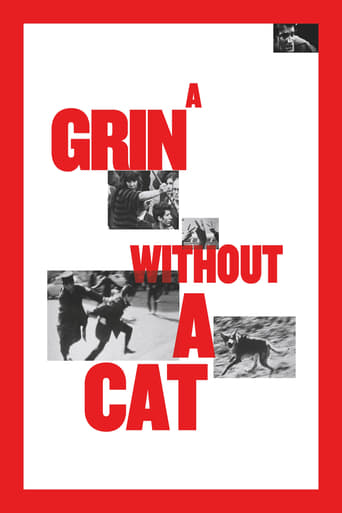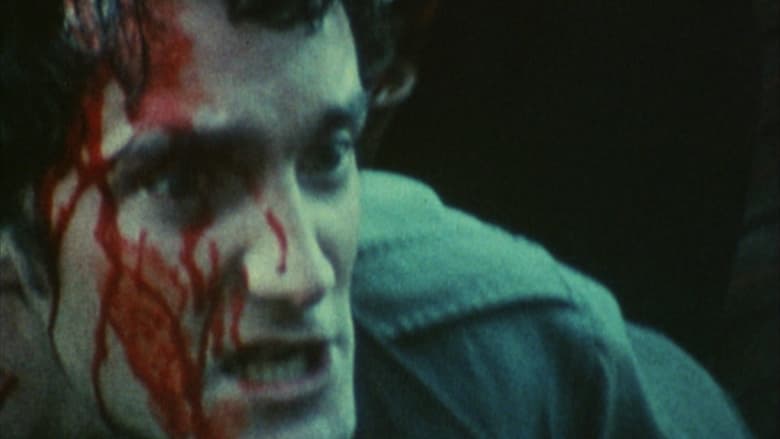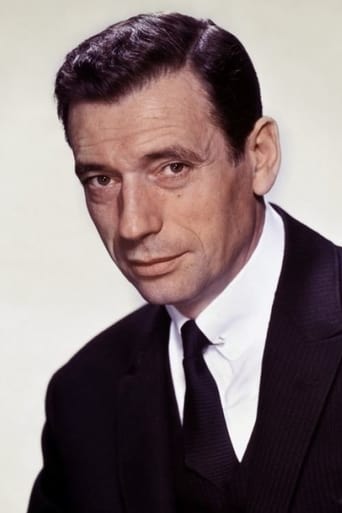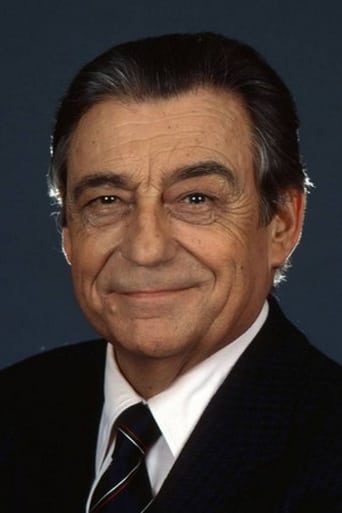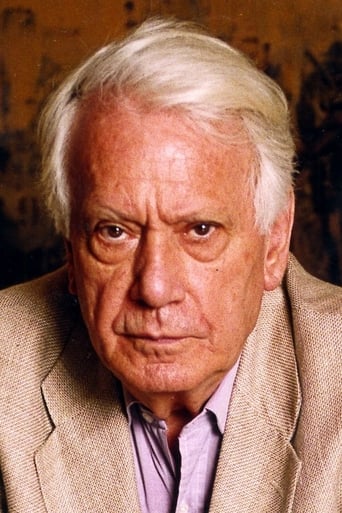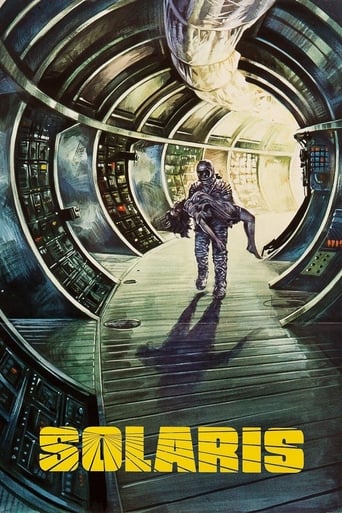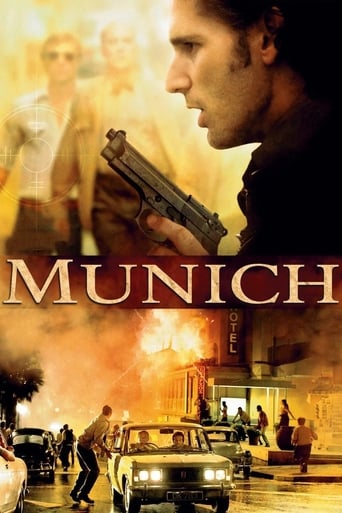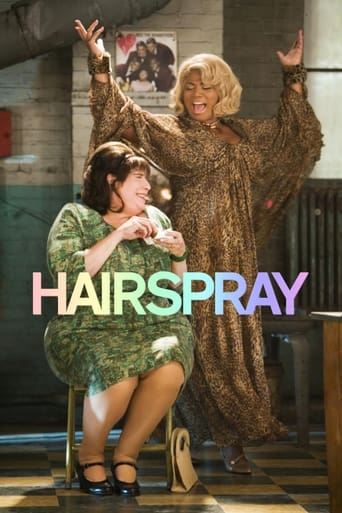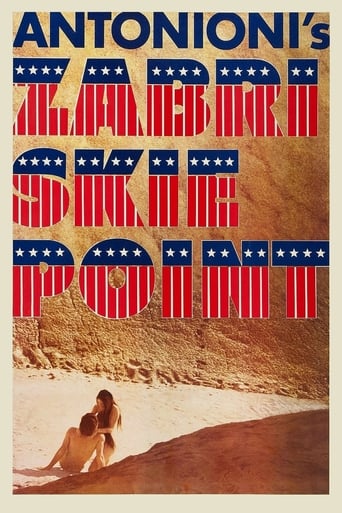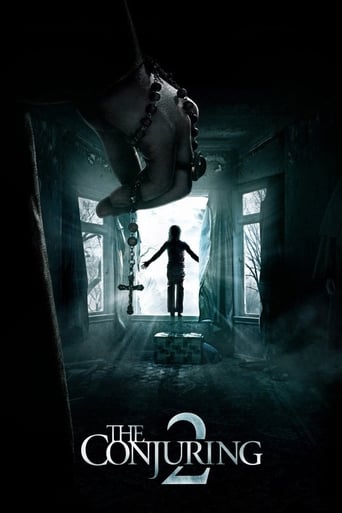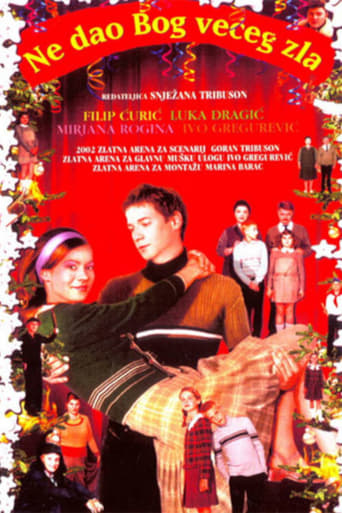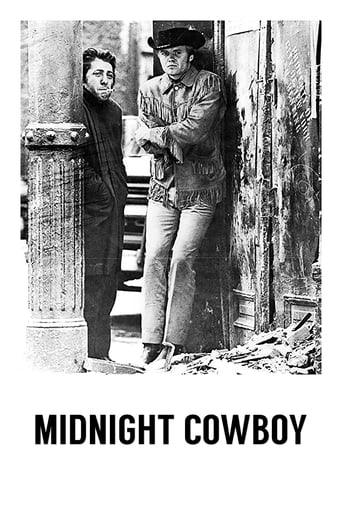A Grin Without a Cat (1977)
French essay film focusing on global political turmoil in the 1960s and '70s, particularly the rise of the New Left in France and the development of socialist movements in Latin America.
Watch Trailer
Free Trial Channels
Cast


Similar titles
Reviews
It's fun, it's light, [but] it has a hard time when its tries to get heavy.
It is a whirlwind of delight --- attractive actors, stunning couture, spectacular sets and outrageous parties.
The film's masterful storytelling did its job. The message was clear. No need to overdo.
An old-fashioned movie made with new-fashioned finesse.
This is a film montage, a sweeping documentary of the political movements and personages in the 1960's and 1970's, a stirring and engrossing narrative of those turbulent times. Many of the faces and persons in this film will be unfamiliar to American viewers. This should not be a deterrent to purchasing and viewing this documentary. The film documents events of a very important time politically and socially. 1968 represented the fulcrum of when the post-WWII structure crumbled and fell apart. New political alliances were being made, and many of the post-WWII leaders -- de Gaulle, Nixon, Mao -- either fell from grace or were on the downward path. On one side were the new generation of students, on the other were the establishment political leaders. The urgency of the student leaders are clearly apparent in the film, as is the paralysis of the Old Guard. Stuck in the middle is the working class, divided to whom they should support. In this respect, it does not matter that the student revolts are given a French perspective. The dilemma faced by the world at that time was truly universal.Chris March -- who passed away recently in July 2012 -- allows the newsreels and the events and persons in the footage speak more or less for themselves. March adopts the approach taken in an earlier film about the Senate McCarthy Hearings of letting the newsreels tell the story. Here, while there is narrative it is kept to a minimum. The effect is dramatic.The film is long, 180 minutes, but the viewer will not notice the time passing. The film is divided into two parts. Part I is entitled, "The Fragile Hands." It contains archival images from the following: 1. Che Guevara, including interviews from American operatives responsible for assisting the Bolivian government to track and kill Che and his followers.2. Student demonstrations from Paris, London, Germany, the United States (including images from the Columbia University student demonstrations), but primarily French civil unrest; 3. Vietnam (definitely unembedded); 4. Chicago Democratic Convention demonstrations.These events are intermixed with the passionate political debate and commentary from French intellectuals, political leaders, and working class members.The historical figures depicted include momentary images of Salvador Allende; Pinochet; the Shah of Iran; Rudi Dutschke, a leader in the German student movement; Daniel Cohn-Bendit; and Fidel Castro.Part II is entitled "The Severed Hands." It contains archival footage of the following events: 1. The Russian invasion of Prague. The prominent features of this treatment are the poignant images of young Prague students pleading with their equally young Soviet soldiers to leave the city and a filmed statement of Fidel Castro, who, while giving lip service to his political support of the invasion followed with a vehement denunciation of the illegality of the act.2. The Mexican Student riots of 1968.3. The Olympics, Mexico, 1968.4. China, the Cultural Revolution.5. The Watergate Hearings.6. The 1967 March on the Pentagon and subsequent police riot.7. Paris Student street demonstrations of May 1977.The historical figures shown include Salvador Allende (prolonged footage of his speeches); Richard Nixon; Jacques Mitterand; George Pompidou; Fidel Castro; For those unfamiliar with the faces and events, this film should be considered a historical document, an accurate recordation of political events from across the world.While there were cultural differences, the revolutionary furvor, both in Continental Europe was the same and very evident in this film.For those who lived during those times or in those events, it will doubtless bring back memories. In either case, it is required viewing.
I know that I am supposed to like this film. Unfortunately, as it is almost strictly for the political converts, I didn't.It is basically a collection of unused film footage from the late 60s and early 70s, showing significant moments in the leftist revolution, and how they dropped the ball, i.e. a "grin" without a cat. Yawn! Watching home movies of a leftist movement that compromised itself out of existence is not very satisfying.Film students may find appreciation of this work, but after watching Marker's most famous creation, "La Jetée", I expected more.Despite the fact that it was reworked, it just didn't measure up to my expectations.
I saw the director's re-cut version that removed an hour of material from the films original four hour running time (something Marker said needed to be done).The film opens with one of the most stunning things ever put on film footage of political protest and violence inter-cut with the Odessa Steps sequence from the Battleship Potemkin. As one comment I read pondered, was Sergei Eisenstein that a head of the curve that he mapped out what political violence would look like in the future or has that always been the way its looked? I don't know. Next the film moves on to show a US pilot describing in detail what he's doing and why its "outstanding" to Napalm the people of Viet Nam. If that doesn't rattle your cage little will. From there the film moves on to various Political protests and wars around the world and we're left to ponder what it all means. Marker plays no favorites and in a way every side comes off looking less then perfect.Marker shows as the footage, lets the people speak for themselves and uses various other voices for narration. I'm still pondering what it all means. I know watching a three hour movie around midnight was a bad thing to do, but this is a film you fall into, it drags you along as you kick and scream at it because you don't want to think at the level that this film asks you to. I'm not sure what I make of it all, and I know that I'll need to go through this a couple more times, but I'm glad I've seen it and have been forced to confront its issues.On a personal note- I watched Chicago 10, in the middle of watching the parts of this film and I found that Marker's film changed the way I see the anti-war protests of the 1960's. Chicago 10 is about the trial that followed the riots during the Democratic Convention in 1968. Seeing part of Grin before Chicago 10 it suddenly becomes clear that as much as what happened in Chicago was important in that it started things moving toward the end of Viet Nam and other things, it was also something that in the scale of things didn't have huge stakes. You didn't have the Soviet Army marching into retake control of Prague. You didn't have the political violence that was going on in Bolivia or Africa or elsewhere. Where elsewhere in the world you had people dealing with the political ramifications of their actions on a one to one level, here in the US you had Abbey Hoffman and several other members of the Chicago Ten treating it all as if it was a joke on some level. Yes there was injustice and violence, but not so many people were dying and no one was tying Hoffman to a chair and torturing him for the hell of it. I'm not one to take things seriously, but at the same time in the face of what was going on elsewhere in the world the jokes really come off as ill advised. For me, who was raised to see Hoffman and many of the Chicago ten as heroes of a sort, seeing them in action, especially in light of other political movements, kind of make them seem like rich jerks.Clearly Grin without a Cat has changed how I see the world.
I saw the English-language version, so I missed out on the wonderful voices of Yves Montand and Simone Signoret. Still, the film has provocative images (makes you think how difficult it really is to "make the revolution" in advanced capitalist countries) and my attention never flagged. But for someone who does not approach the film fully equipped with all of the political-cultural paraphernalia of the French left, the film is a bit bewildering. It's not at all clear what the director's point of view is, and this is unfortunate for a film that attempts to make sense of a relatively well-defined political phenomenon: the new left of 1968 and beyond. Is he simply trying to say that the movement strayed too far from its working class ally, and therefore was a superstructure without a base (hence, the title)? If so, the film is not organized in a sufficiently coherent way to bring that point home. And even so, one could hardly say that the French left really had a chance in '68 to "smash the bourgeois state," given that the violent instruments employed by the state to perpetuate in extremis the "dictatorship of the bourgeoisie"(the army and the police) never showed signs of cracking. And even if there had been a "revolutionary socialist breakthrough" in France, the country would have been crushed first by the economic sanctions imposed by the other capitalist countries (a la Chile) and then militarily (had the "revolutionary government" sought to align itself with the USSR). Very humorous interlude involving Fidel's obsessive massaging of microphones, but on the whole not very flattering towards him (but neither towards Guevara and Regis Debray, for that matter). Maybe I missed something, but I thought Georges Marchais (PCF) came off the best--judge for yourself.

